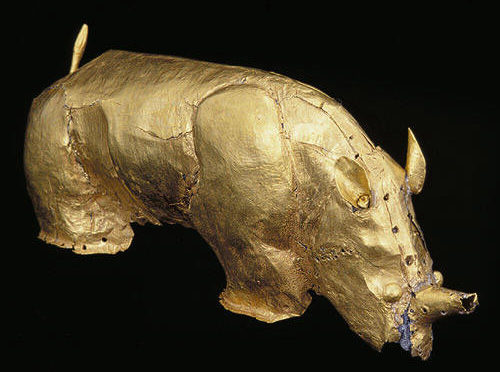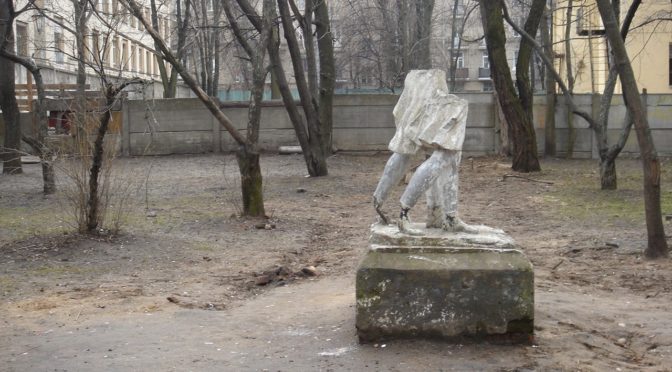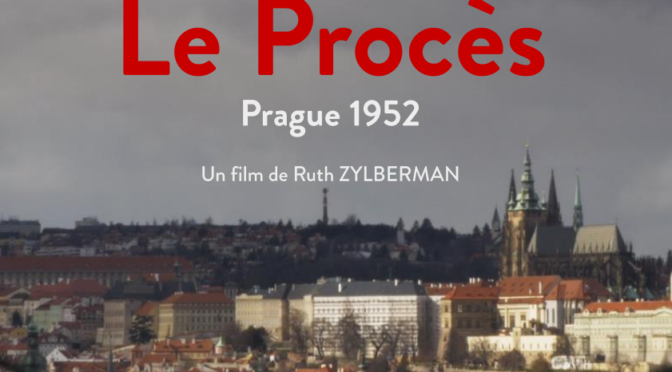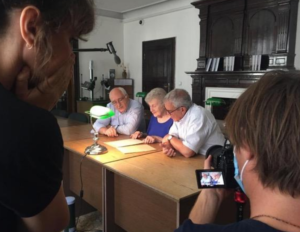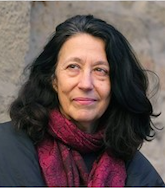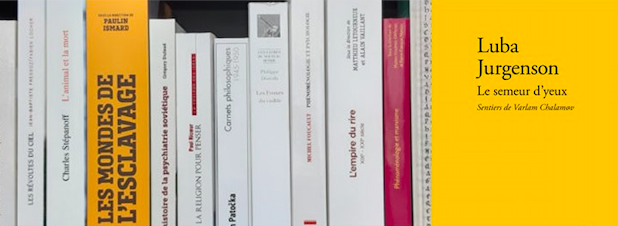On the occasion of the publication, in Czech, of the Golden Rhinoceros, and his invitation by the French Institute in Prague and Charles University in partnership with CEFRES, François-Xavier FAUVELLE presents his book at the French Institute in Prague.
Where: French Institute in Prague, Štěpánská 35, Prague 1
Date: Wednesday 12 October 2022, at 6 pm
Language: in French with simultaneous translation into Czech
Organizers: CEFRES, French Institute in Prague, Charles University
The discussion will be moderated by Irena Jirků, journalist.
Presentation
The description of a city with twelve mosques in an Arabic story about the Sahel regions; a letter from a Jewish merchant about a caravan from the “Land of the Blacks”; the discovery, in the middle of the Sahara, of shells from the Indian Ocean; the effigy of a Malian king on a Catalan map; the ruins of cities built of salt and coral blocks. And gold: a gold shield in a tomb in Senegal; gold coins found in a Christian monastery in Ethiopia; a golden rhinoceros looted and found in South Africa. All these documents testify to the diversity and richness of Africa in the Middle Ages. In his book Le Rhinocéros d’or, François-Xavier Fauvelle reconstructs, with the help of these fragments, a “stained glass window” that reveals forgotten kingdoms, from the savannah empires of West Africa to the coastal principalities of Kenya and Tanzania. An Africa that participates in the great trade with the Islamic world, India and China, reexamining the places and actors of a global Middle Ages.
François-Xavier Fauvelle is professor at Collège de France in Paris, first holder of the chair entitled History and archeology of African worlds. He has taught at Princeton University, led international research programs in South Africa, Ethiopia and Morocco. Among more than twenty books translated into a dozen of languages, he is the author of A Golden Rhinoceros. Histories of African Middle Ages that has been published in Czech in 2021: Zlatý nosorožec: příběhy o africkém středověku (Karolinum, 2021, transl. Alena Lhotová, Helena Beguivinová).

